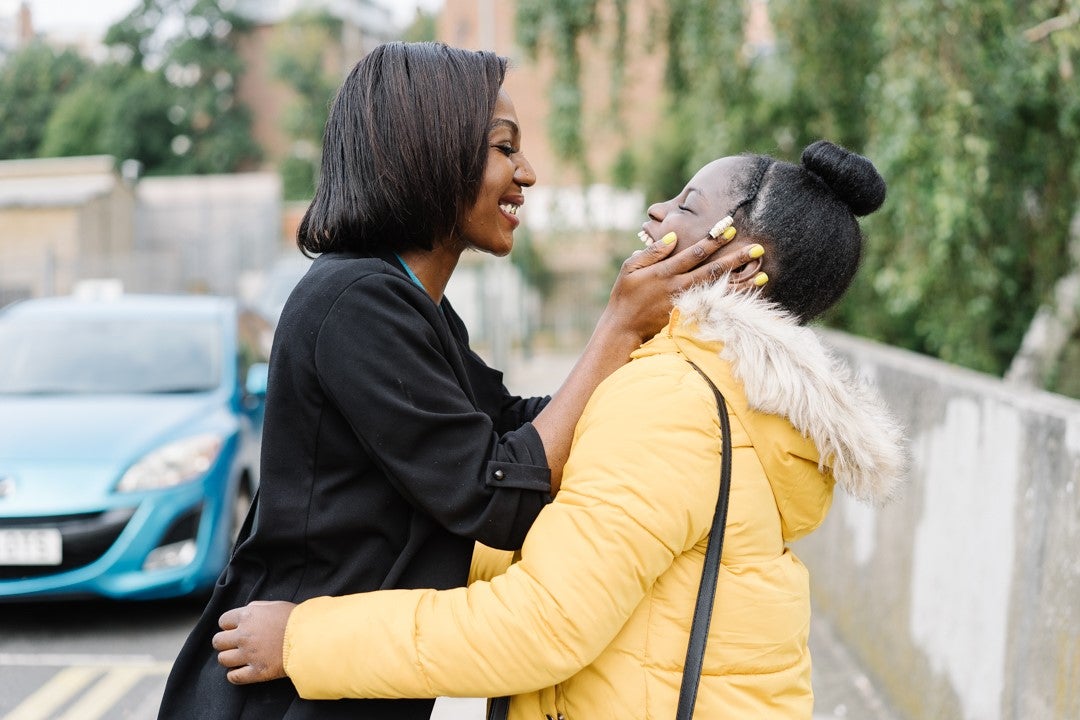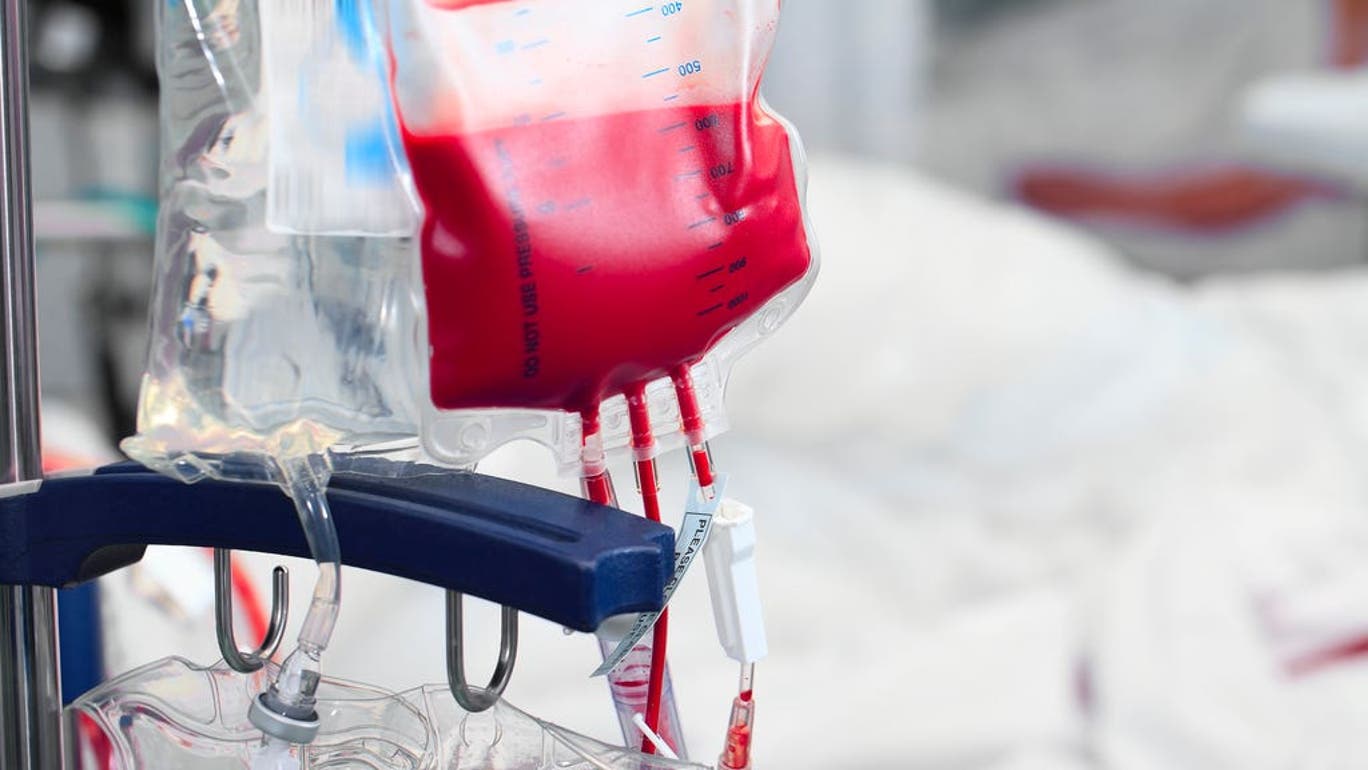‘This illness alone is a pandemic’: Sickle cell patients hit by distressing delay in treatment during Covid-19
A mother tells Nadine White how coronavirus delays have worsened the symptoms of an illness mainly affecting people of African and Caribbean descent


Your support helps us to tell the story
From reproductive rights to climate change to Big Tech, The Independent is on the ground when the story is developing. Whether it's investigating the financials of Elon Musk's pro-Trump PAC or producing our latest documentary, 'The A Word', which shines a light on the American women fighting for reproductive rights, we know how important it is to parse out the facts from the messaging.
At such a critical moment in US history, we need reporters on the ground. Your donation allows us to keep sending journalists to speak to both sides of the story.
The Independent is trusted by Americans across the entire political spectrum. And unlike many other quality news outlets, we choose not to lock Americans out of our reporting and analysis with paywalls. We believe quality journalism should be available to everyone, paid for by those who can afford it.
Your support makes all the difference.“I’ll be really honest with you: I’m having a crisis right now and have been on morphine today to manage the pain.”
Chanel Taylor was enduring prolonged agony during a sickle cell crisis, while explaining how the Covid-19 pandemic has seen a significant reduction in blood transfusion supplies.
The 36-year-old, who was diagnosed with the blood disorder aged just nine months old, is one of many patients whose treatment has been pushed back on more than one occasion since the virus outbreak last year. She usually has transfusions every five weeks, receiving seven units of ethnically-matched blood each time.
The delay severely impacted her quality of life and the overall reduction in transfusion supplies across the UK is dramatically impacting the welfare of many others who live with sickle cell disease — an illness that mainly affects people of African and Caribbean descent.
“I was due to have my exchange on August 2, however I got a message to say that my treatment had been cancelled due to staff shortages brought about by the Covid-19 outbreak,” Ms Taylor, a marketing co-ordinator and NHS donor care administrator, said.
The anxiety and distress took her back to 2020, when the pandemic began and a critical blood transfusion was delayed for almost one month.
“Usually, leading up to two weeks before my transfusions, I usually preserve my energy and try to do less and prioritise my time -whether it’s work, not taking too much on, doing the school run. So I was feeling fatigued, tired at the time,” the mother-of-one explained.
“When I was told about the delay, I was disorientated and stress is also a trigger for sickle cell; it heightens my crisis pain and anxiety. The thought of not having my exchange really scared me.
“I wasn’t able to stand up and cook, parent my daughter in the way I usually do, we had a lot of takeaways - so the month of August my Uber and Deliveroo bills were a lot. The lack of exchange in itself can cause crises; I’ve experienced swollen joints, vascular necrosis and deep vein thrombosis.”

Following the recent postponement of her transfusion, Ms Taylor, who has lost vision in her left eye as a result of her condition, had to wait three weeks for a reallocated slot and, during that time, kept having to call to see if they had any were available.
“I remember thinking ‘how many more patients are going through this across London?’,” she said.
As the founder of Unsickle My Cells, a campaign group that aims to promote awareness, she was able to discover that other patients have been experiencing similar delays.
“There’s a lot of experiences with sickle cell patients not being able to receive treatments because of the pandemic but we also believe that it’s also to do with the fact that this is one of fastest-growing genetic diseases in the UK that has little resources, so we’re always having to be vocal, fight for support and be treated relatively well,” she added.
“The pandemic caused so much problems for sickle cell patients because treatments had to be moved back because of it.
“At the same time, this illness alone is a pandemic and it has been for many years — so why isn’t attention being placed on that? When it came to cancelling of appointments and treatment, you’ve heard the stories like Nathan Evan Smith, patients being called drug seekers and liars in A&E, yet the attention towards sickle cell just isn’t there. We’re in 2021 and we’re still fighting for that.”

Despite guidance from NHS Blood and Transplant, many trusts are not prioritising patients with inherited blood disorders including sickle cell disease. The Independent also heard from Global Blood Therapeutics (GBT), a biopharmaceutical company dedicated to the discovery, development and delivery of life-changing treatments that provide hope to underserved patient communities.
Nigel Nicholls, its chief executive, said: “There has been a lack of attention placed on sickle cell disease and this has resulted in a huge, 24.7% drop in donations to blood banks which is a lifeline to some sickle cell patients.
“This is despite the national blood transfusion service alerting NHS to this issue. Even though Black voices have been raised and many groups have been talking about this over the years, this is where we are.
“I think it’s symptomatic of the lack of innovation and standards of care that has been at play in the treatment of Sickle Cell over time; Covid has exposed the inequality that exists in this field as it has with a lot of other things.”
Pointing to race-based discrimination as a factor that underpins the disregard with which this illness is treated, Mr Nicholls is calling for more “cohesive and comprehensive engagement” with policy-makers and media in order to raise awareness it to the level where it needs to be.

There are currently 12,633 Black and mixed Black blood donors which makes up just 1.5 percent of the total donor base. Some 16,000 new donors from the Black and mixed Black communities are needed to meet demands
What’s more, the current blood shortage has heavily impacted the sickle cell patients who require regular blood transfusions to manage symptoms of the disease, without which they face a heightened risk of severe and life-threatening complications, including stroke or multiple organ failure.
“Sickle cell patients also face discrimination because it’s an invisible disability and because we don’t look like we need care,” Ms Taylor reflected.
“We have to pay for medication; it’s an 24-hour, 365-day challenge. We have no warning, no timeline as to when we’ll have these complications. So it’s really difficult to try and educate people especially when we have to advocate for ourselves.”
Beverley De-Gale, co-founder of African Caribbean Leukaemia Trust (ACLT) told The Independent: “As the coronavirus pandemic focuses medical attention on treating affected patients and protecting others from infection, many people with non-Covid related illnesses are not receiving the very basic standards of care and treatment.
“Layered with the fact that there is already a silent crisis out there surrounding the number of Black people who are regular blood donors, it’s of great importance that the blood which is being donated by Black people in the UK (less than 1 per cent) reaches the very patients who require the well-matched blood, to maintain and save their lives.”
Join our commenting forum
Join thought-provoking conversations, follow other Independent readers and see their replies
Comments